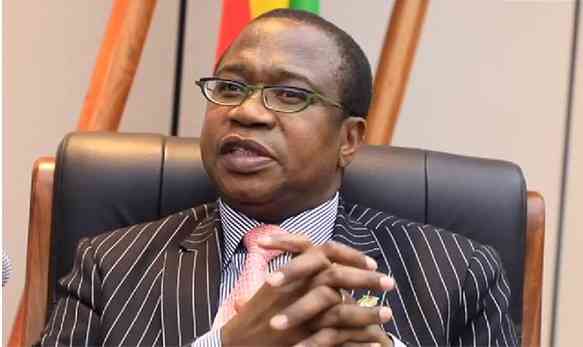
ZB Holdings Ceo Insurance, Letwin Mawire says pension funds must assure pensioners that they will still get meaningful benefits on retirement despite the economic turmoil.
Zimbabwe’s pension industry has over the years been heavily criticised by active members and current pensioners for its failure to preserve value particularly during the 2000 to 2009 hyperinflation period.
Further, inflationary periods after 2009 have since eroded pensioners’ hope of receiving meaningful retirement packages.
Cumulatively, this has led to a dip in confidence and trust in the industry which has resulted in low contributions to pension funds, threatening the viability of the sector.
“You need to invest in assets that directly impact the members, for example, funding houses and infrastructure. Invest in non-traditional assets and biological assets such as livestock. Capacitate and prepare members for retirement such as providing loans for them to start projects/businesses that can sustain them,” Mawire said at the Zimbabwe Association Pension Funds (ZAPF) principal officers and chairpersons convention in Bulawayo, last week.
“Educate the public on how pension funds work. This allows pensioners to understand the impact of their pensionable salary, contribution rates and investment rates on their final outcomes. Home grown solutions for the industry —customise the products to suit the local environment,” Mawire said.
She suggested that contributions be increased to ensure that pension funds had meaningful benefits by increasing the contribution rate, redefining the pensionable salary and enforcing commitments made to existing pension funds.
Mawire reckoned that keeping pension fund members informed helps to ensure that individuals understand the investment risk they were undertaking, the potential benefits they will accrue on retirement and potential need for additional voluntary contributions.
- More calls for pension value restoration
Keep Reading
“Trustees need to be more involved in understanding the ongoing performance of a fund, especially with respect to the impact on outcomes for pension fund members. Government needs to put in place policies to ensure stability and certainty in the economy. Inflation and currency issues should be addressed so that normalcy returns,” she added.
ZAPF vice-chairperson Willie Chibaya the pension sector saw a steady increase in pensions contributions to GDP post-dollarisation up to 2017.
However, he said after 2017, there had been a rapid decline in contributions towards pension funds with the worst year being 2019 following the pronouncement of the 1:1 policy measure .
“This decline is attributable to several factors that we need to address inclusive of the following; economic instability — whereby the country continues to experience cyclical episodes of economic crisis stemming from currency reforms,” he said.
“Currency reforms — After every currency reform/change pensions suffer the brunt of value erosion, hyperinflation resulting in loss of value, lack of trust in institutions arising from the conversion process, salary skew towards non pensionable allowances, company closures and subsequent retrenchments, low pensions coverage ratio 2-9% versus emerging market coverage ratio range from 10% to 25% and high levels of informality which stimulate the perception that pensions are inaccessible or irrelevant to a significant portion of the population.”
This resulted in lack of trust and low confidence in the pensions industry.











